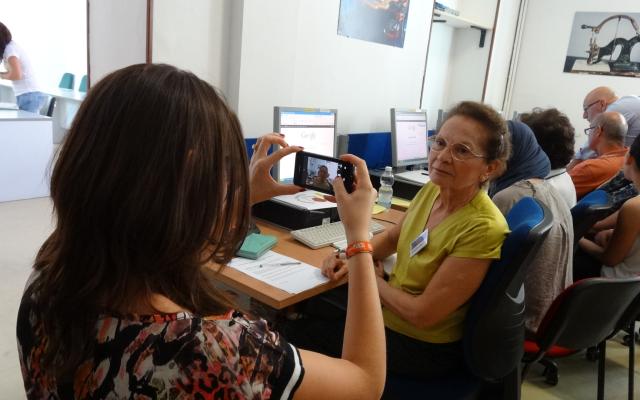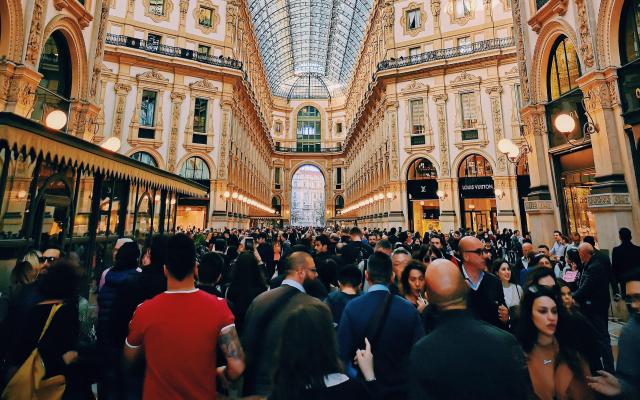In 2017, we dedicated the Global Junior Challenge to Linguist Tullio De Mauro (Torre Annunziata 1932 - Rome 2017) who for over 10 years headed the Fondazione Mondo Digitale wisely and with dedication.
We chose the Global Junior Challenge because this international competition was the first initiative that we conceived with our President back when the Fondazione Mondo Digitale was still known as the Consorzio Gioventù Digitale. The international event was based on the fundamental principle that “studying is a tool for freedom.”
We gathered economists, politicians, policy makers, data experts, writers, professors and communication consultants, men and women who in various sectors had worked on Tullio De Mauro’s ideas. And amongst them there also was Andrea Camilleri (Porto Empedocle 1925 – Rome 2019). In fact, they both contributed to the volume entitled "La lingua batte dove il dente duole" (Laterza).
"I prefer your books to many of those circulating today. They are capable of distilling the secret and most peculiar essence of language, its great capability to range between registers, even within the same sentence …” said De Mauro about Camilleri’s books.
“Camilleri cannot make a commitment so long in advance. He is 92 and just can’t do it,” explained his assistant Valentina. And so, we never had the opportunity to celebrate him with our students and teachers.
We will do it now by sharing a page from the book that fully transmits De Mauro and Camilleri’s passion for languages and dialects.
Andrea Camilleri
Dialects are the language of affection. It’s confidential, intimate, familiar. As Pirandello said, a word in a dialect is the very thing, because dialects express the sentiment of things, while languages express concepts. Dialect is the language of the heart, but even more. It amazes me. And I say that as a writer. I often use dialectal words that fully, perfectly and heavily express what I mean, when there is no equivalent in Italian. And it’s not just heart, it’s head, too.
Tullio De Mauro
Dialects are not just the language of emotions. I understood that in Sicily when I arrived as a university professor and was welcomed by the families of colleagues. We would start speaking in Italian, but as soon as the discussion picked up and we spoke about politics – and when Sciascia was around that was often – the discussion suddenly changed linguistic register. It slowly morphed into a discussion in dialect and Italian faded away. They used their dialect to speak about weightier intellectual issues. In Venice as in Palermo, when the discussion gets serious, dialect is used.



